Here’s Rook’s third and final post in the ADHD in teen girls series. In this post she talks about her experiences with executive dysfunction, time blindness, and sensory overload.
@dinkumtribe ADHD superpowers and challenges. #adhdfamilies #adhdchallenges #adhdparentquestions #adhdchildren #adhdkids #adhdkiddos #adhdteenager #adhdsuperpower #adhdsuperpowers #adhdissues #adhdisfun #adhdisawesome #adhdisreal #adhdisnotajoke #adhdparentingproblems #adhdparentingtips ♬ original sound – DinkumTribe ADHD family travel
She also points out that these same traits that can cause so much difficulty for ADHDers can also be the most endearing and helpful traits. In our home, we often use the term “ADHD superpowers”!
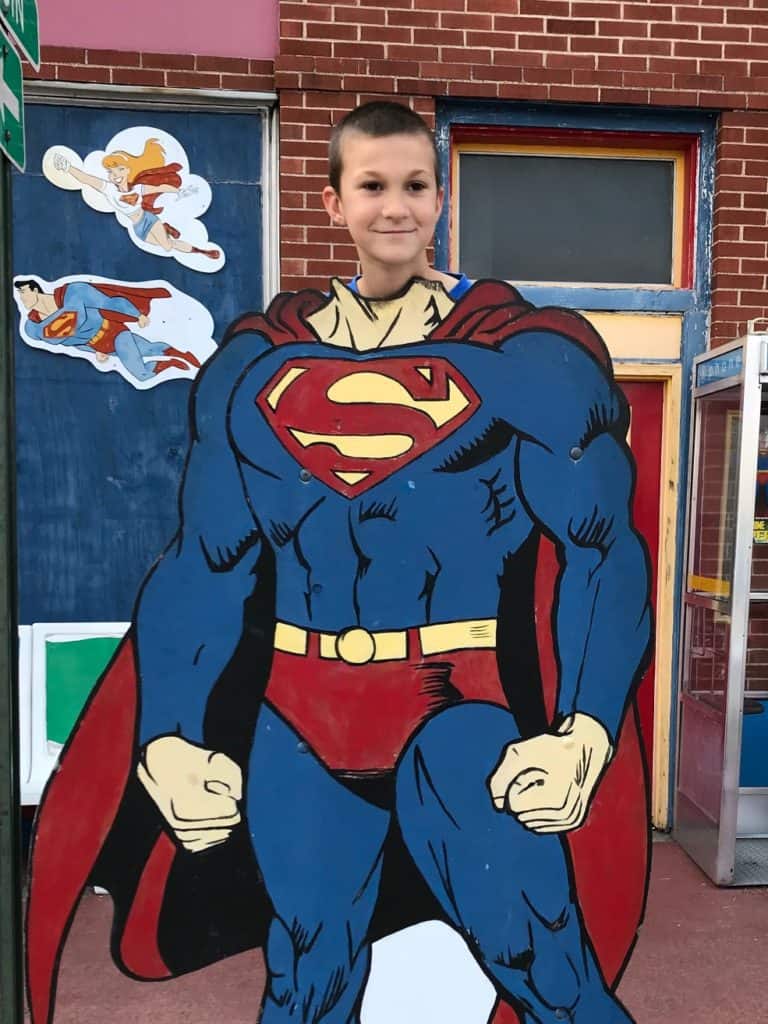
Table of Contents
ADHD Superpowers and Kryptonite, by Rook
Today I thought I’d go through some of the amazing/interesting things about ADHD you might not know!
1. Executive Dysfunction
Many people have encountered this and never realized it. ADHDers around the world have heard (often from neurotypical acquaintances), “It’s a simple task! Why can’t you just do it?” This is executive dysfunction, and it’s a pain.
ADHDers struggle greatly with executive functioning. Our executive function either:
1) doesn’t exist or
2) is the only thing in control
@dinkumtribe Reply to @girlthatsaws how hyper focus can be an ADHD advantage. #adhdfamilies #adhdfamilylife #adhdsuperpowers #adhdsuperpower #adhdhyperfocus #adhdquestions #adhdbenefits #adhdbehaviors #adhdkiddos #adhdsmart #adhdadvantage #adhdadult #adhddad #adhdchildhood #adhdchildren #adhdteens #inventors #adhdathlete #momencouragement #momsencouragingmoms #adhdfamilytravel #oregonfamily #pnwmom #pnwmoms #dinkumtribe_adhd ♬ original sound – DinkumTribe ADHD family travel
Neurotypical (non-ADHD) brains
Think of it like this: people have wifi most of the time, so they can do things like write articles and answer their emails, without having to wait for the wifi to turn on.
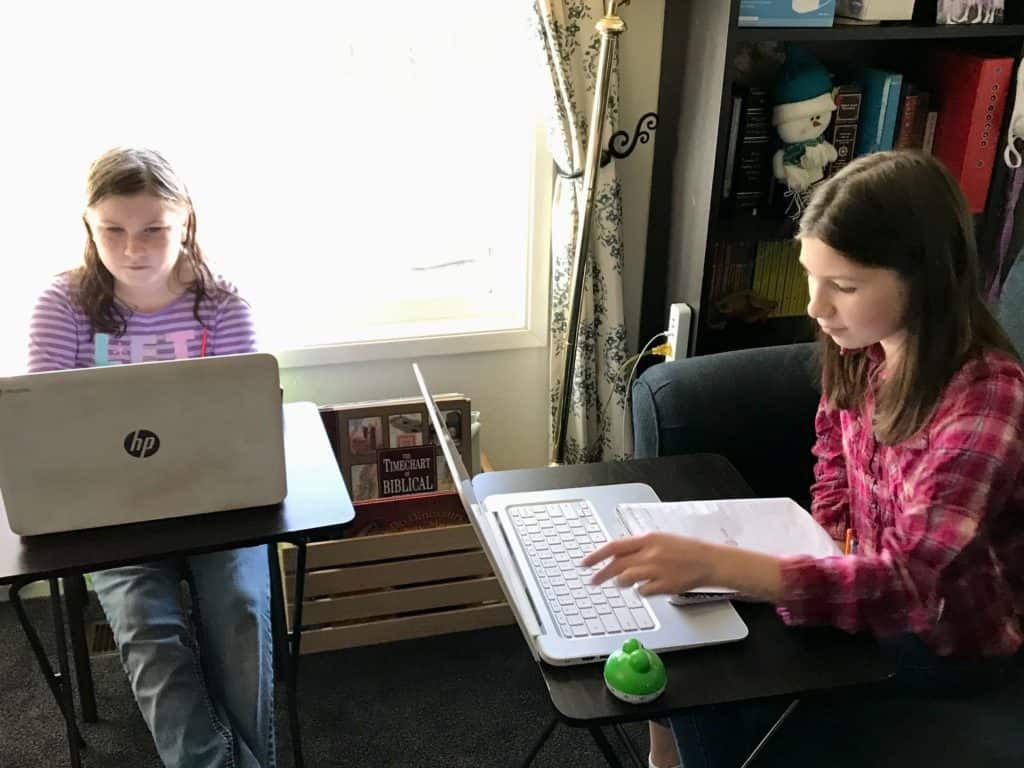
On the rare occasion that the wifi is off because the electricity is dead or something, they can still survive and not have terrible consequences. We are assuming that this person is an incredibly mature and responsible person, and always gets their work done on time or early. That’s how many non-ADHDers are.
ADHD Brains with Executive Dysfunction
With ADHD, you are that one person who has to wait for the wifi to come on in order to do anything.
You live in some remote area where your power lines continually get broken, so if you want to do anything, you are at the mercy of the power company. And this power company has fixed your lines so many times that they have just started putting your power lines as the last priority on their list.
So the only thing you can do is play games that don’t need wifi, and hope and pray that the wifi comes on.
Executive Function on Hyperspeed
And the amazing hour that the wifi comes on? Well, you either try to get everything you need to get done with wifi done in that incredibly unrealistic time frame. Your technology crashes as soon as you finish, if not before then (less likely).
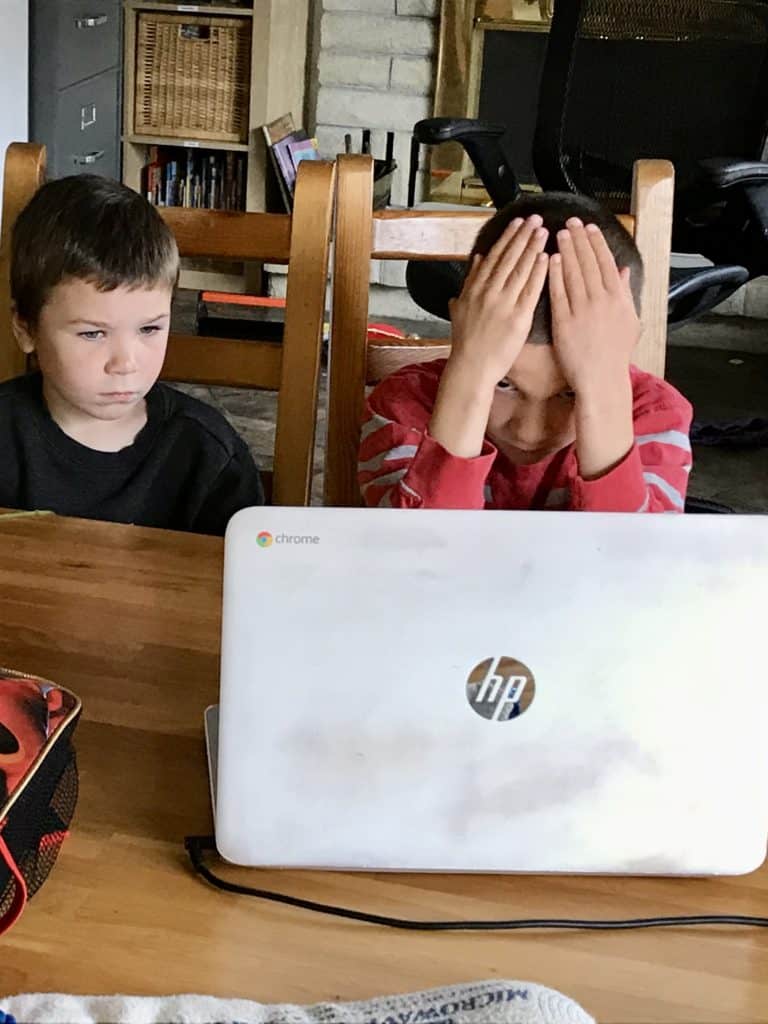
Or you run around your house and do chores for the entire hour. Instead of using this opportunity because you forgot about your really important job application (more likely).
Basically, we can’t regularly just force ourselves to do tasks that we have absolutely no motivation to do. If I don’t feel like doing it right now, and it’s not interesting, I can’t do it.
Not Lazy, Not Procrastinating
Other people tend to mistake this as laziness, because, well, when you have a conversation about it, few people are able to comprehend the answer to why you can’t do it (I just don’t want to).
When neurotypicals hear “I just don’t want to,” it sounds like you’re being lazy.
That’s hard for both ADHDers and those who live with them. We really do want to do the things that are asked of us! We just can’t do them. Our executive dysfunction won’t let us unless it has immediate consequences, is interesting, or we are motivated to do it.
Panic mode
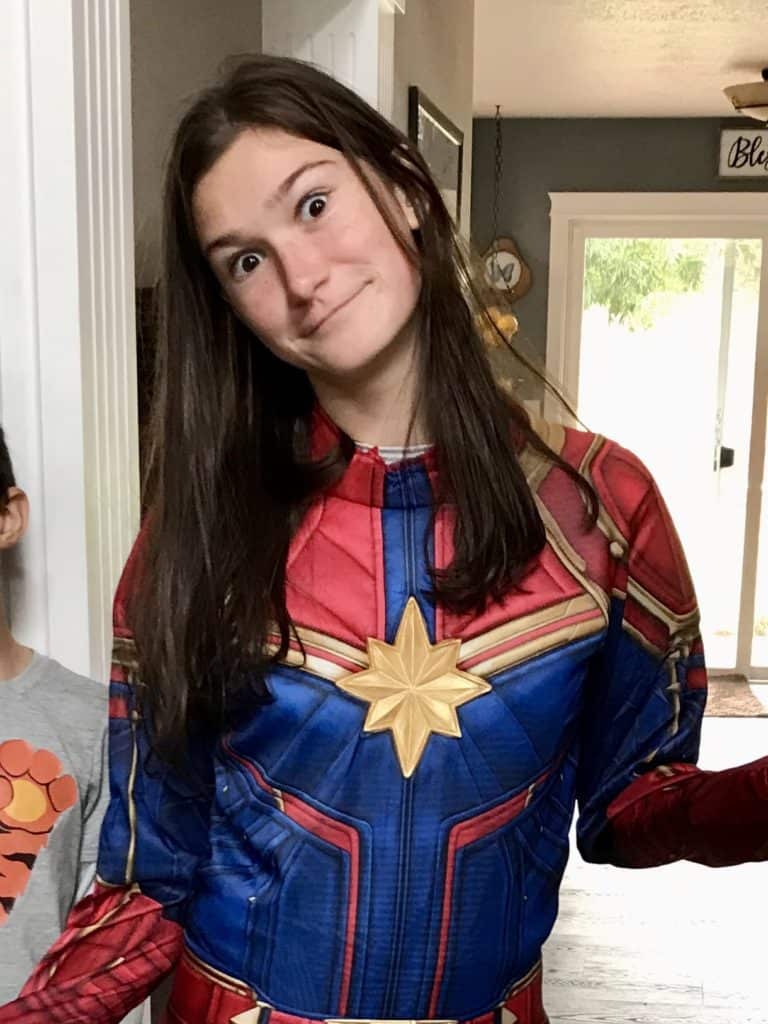
This also works the other way (with just as bad effects). When our executive functions are working, we immediately work super hard to do everything that requires those executive functions. We know that as it wears off, we will be incapable of doing anything that is uninteresting.
Then we burn out. We spend the next hour, day, week, even month sitting around unable to do anything, in an attempt to recharge.
No Immediate Consequences = Can’t Do It
Executive dysfunction is another amazing argument for getting a diagnosis, because it is a huge, crippling part of ADHD. I recently had to go a few days without my medication during spring break, and that really brought it all home to me.
Since none of the things I had to do had clear, in-the-moment consequences, I had huge difficulty in not just getting myself to do a chore, but sticking with it.
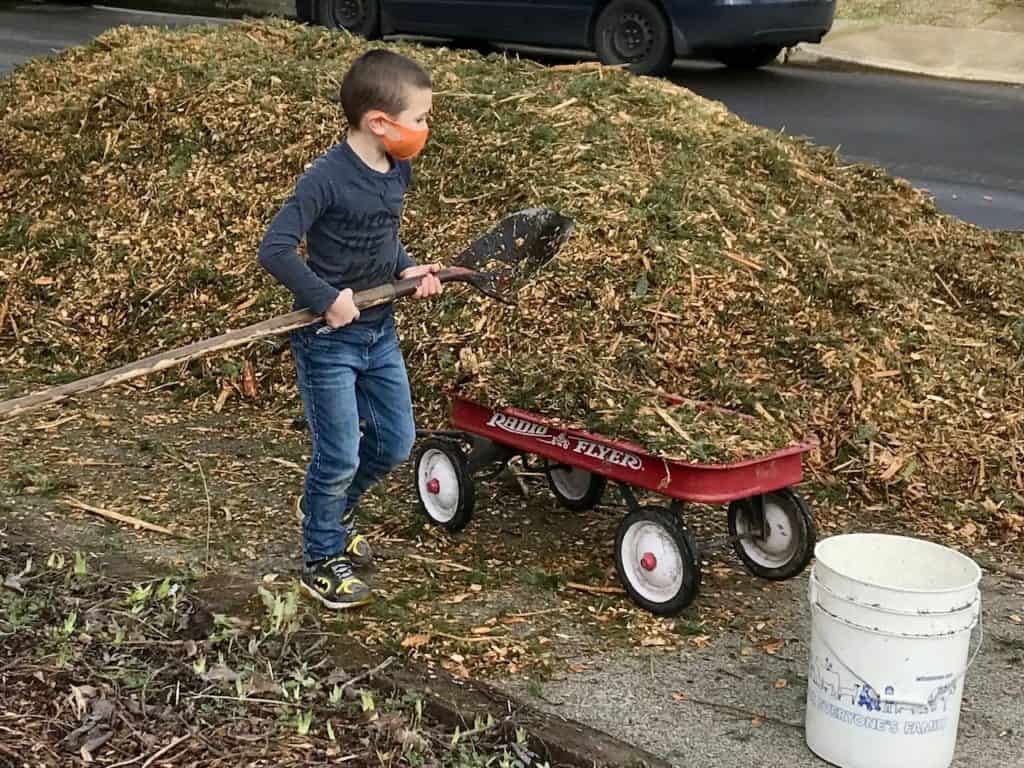
Chores are not motivational to do, and there’s no clear consequences. Let’s be honest, even though almost every ADHDer has gone through the chaos of not cleaning our room or doing laundry, it’s not something we remember. We don’t think it will have a big effect on our life.
@dinkumtribe Did you nap is an amazing app for children with ADHD to help them with task management, homework chores and personal development. @JoonADHD @dinkumtribe @dinkumtribe @dinkumtribe #affiliate #Joonaffiliate #ADHDKids #ADHDTeen #ADHDChores #ADHDChoreChart #adhdtaskparalysis #ADHDParenting #ADHDParentingHacks #ADHDParentingTips ♬ original sound – DinkumTribe ADHD family travel
On the other hand, things like having late schoolwork at the end of a semester, when it is permanent on my transcript, will have a huge effect on my life. I will definitely feel incredibly guilty (I’m a little weird that way).
(If chores are a challenge for your ADHD kid, check out the Joon app!)
Thought Process
So you’ll see me at 3 pm, three days into spring break (after finishing schoolwork). Now having no due dates for anything in my everyday life, I’m feeling like my life is a mess and needs to be fixed…
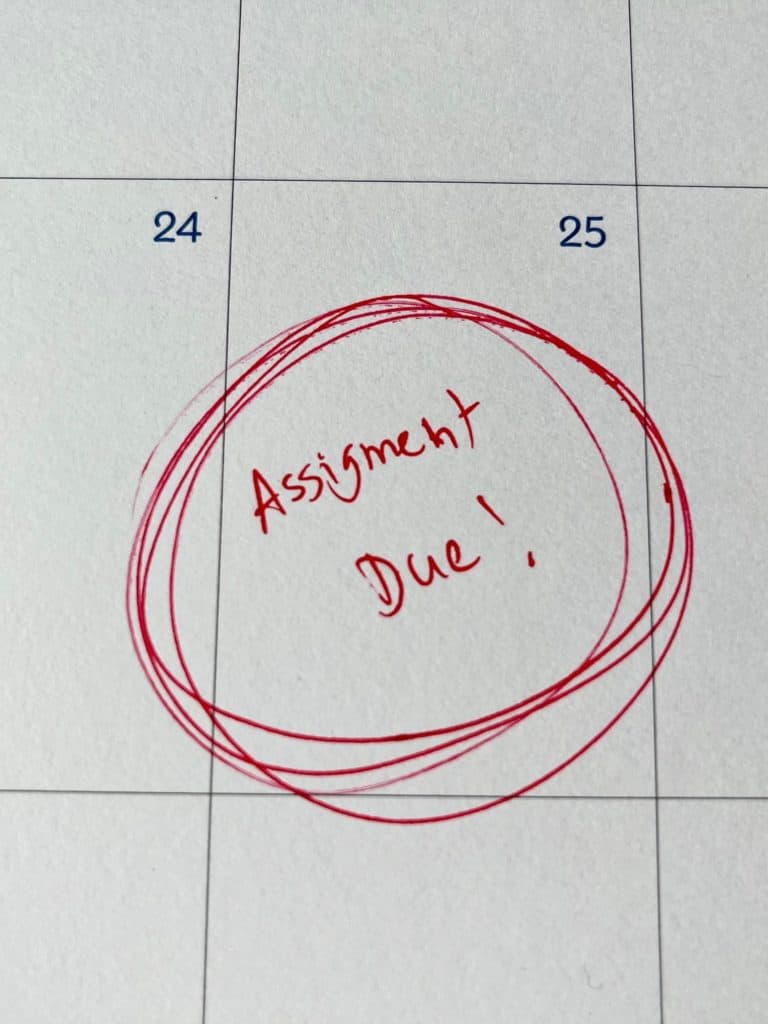
I have a blog post that was supposed to be done on Wednesday but there are no obvious consequences. So I didn’t do that.
I want to get an application done, but it has a lot of big long questions (which is scary, as nobody has ever asked me these questions). Again, no big obvious consequences, so I’m not doing that either.
Feeling like my life is a mess because all I’ve done is chores, and I should be doing more… but also I can’t because I don’t want to. Doing something I have no motivation to do (chores) is hard enough, but also “not enough”? What?!
To Sum Up
As a note, the above process has caused me to either:
(1) reorganize my entire room and give up halfway through, leaving the room a mess,
(2) make a whole bunch of life goals and changes so I never have this problem again (and changing planning systems). Fast-forward to me ten days later in the same exact situation as before and feeling like a failure.
(3) feeling guilty and overworking, which causes a mental, emotional, and sometimes physical breakdown and at least 2 hours of death
(4) starting on a crazy project I will never get done– but that isn’t important.
So, really glad I figured that out before I went down that road again!
Diagnosis

Anyway, getting a diagnosis is really helpful for this. You actually learn about this stuff and how to better treat it. You can recognize when you’re having executive dysfunction and what causes it. And you don’t feel half as guilty and low on self-esteem because it’s not your fault.
Tools to Help
There are a lot of tools you can use. Most of the time all we need is more stimulation, whether that is listening to a podcast while doing chores, challenging ourselves, or just saying “I’ll only do this for __ minutes.”
Which, coincidentally, is a really useful tactic because as every ADHDer knows, __ minutes turns into just a few more minutes. Suddenly you have folded 3 loads of laundry! What?!
2. Time blindness
One of the best things about ADHD is our wonderful gift of time blindness. It is either “now” or “not now”, which is both amazing, and a pain when it comes to being productive and making life goals. This comes into play in a lot of areas, including executive dysfunction (remember due dates?).
@dinkumtribe Time blindness in ADHD looks like this. #adhdfamilies #adhdparenting #adhdproblems #adhdfamilylife #adhdfactoftheday #adhdemployee #adhdinfo #adhdingiftedkids #adhdstruggle #adhdinwomenandgirls #adhdinformation #adhdlearningaboutadhd #momsofadhdkids #adhdspouse #adhdmarriage #adhdmarriageandrelationships #adhdinboys #adhdtimeblindness #adhdtimemanagement #adhdtimeparadox @DinkumTribe ADHD family travel ♬ Run Away to Mars – TALK
See, we truly cannot see time in the way other people do. Due to the fact that we are incredibly creative, random, and distractible, we can’t see anything other than in the moment and a little bit ahead (ranging from one minute to three months, depending on how we’re feeling).
This is why I absolutely hate when people ask me where I see myself in five years. Honey, I don’t even know where I’ll be in one year, let alone the next week! Why do you think I will be able to answer that question?!
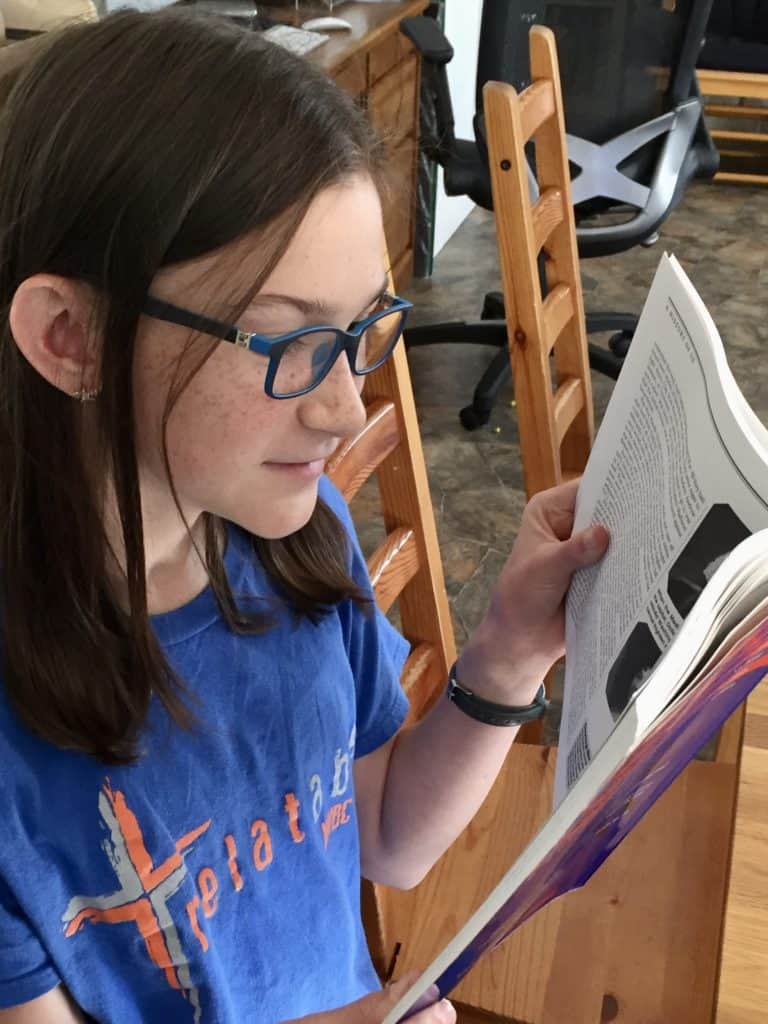
Innovative Thinking
Again, most of that is the fact that we are so…versatile, I guess? We are always doing something else, always finding new things. Although that’s amazing and I wouldn’t trade it for anything, it’s also incredibly hard to plan anything or do anything.
We can’t predict when we will randomly decide to do a particular thing, we only know it will happen. It’s hard to make plans if we don’t know when we’ll change our mind or do something completely different, and we really don’t want to miss out on that!
Although, if you think about it, we probably wouldn’t miss out on that because we would immediately choose creativity– but that’s a problem in itself!
Everything in Moderation
One of the things that I have found works best for me in this area is to attempt to moderate the amount of big projects I work on when it comes to doing work and the things I’m responsible to do. For now, that means one at a time, thank you, and just working to take each day one at a time.
To reference a Bible verse, “Sufficient is the trouble for the day,” (Matthew 6:34). One of the things I’m learning is that if I find myself having trouble doing anything because I’m not sure what to do next, I’m probably doing too much.
Managing Time Blindness
My advice is: do only the things that always need to be done that day. Don’t sweat it if you don’t get it all done, celebrate what you did do, and make sure you keep an eye on how you’re doing.
I’ve found that when I keep an eye on how much I’m telling myself I need to do, and avoid putting too much on my shoulders, I feel a lot better. And I actually take better care of myself because I have the freedom to do so.
Time blindness impacts so many symptoms of ADHD, from executive dysfunction, to procrastination, to time management, and beyond. I’ve found some definite advantages, though.
Sure, I may not know what career I’m gonna have of all the things that I’m interested in. However, I can certainly do some of the things that I want to do and can do in the moment. Like putting in that application for a job I want to do right now and know I will enjoy.
3. Sensory differences
This is one of my favorite things to talk about with ADHD! I noticed that I get an extraordinary amount of happiness out of using my senses (mostly touch, sight, and hearing).
@dinkumtribe Got a variety box of fidgets for our oldest daughter to try. Here’s her first review. @dinkumtribe @dinkumtribe @dinkumtribe #amazonaffiliate #amazonfinds #fidgets #fidgetshopping #fidgettoy #fidgettesting #fidgetreview #trythisout #adhdfidgets #adhdfidgettoys #adhdfidgeting #hyperactiveadhd #adhdfamilies #adhdparenting #adhdproblems #adhdfamilylife #adhdinfo #adhdingiftedkids #adhdstruggle #adhdinwomenandgirls #adhdinformation #adhdlearningaboutadhd #momsofadhdkids #adhdteenager ♬ original sound – DinkumTribe ADHD family travel
I’ve always loved having loads of colorful pens, pencils, and markers, and cannot live without them, because without them, writing anything is boring, and just having the option is amazing in and of itself (this basically applies to all office supplies).
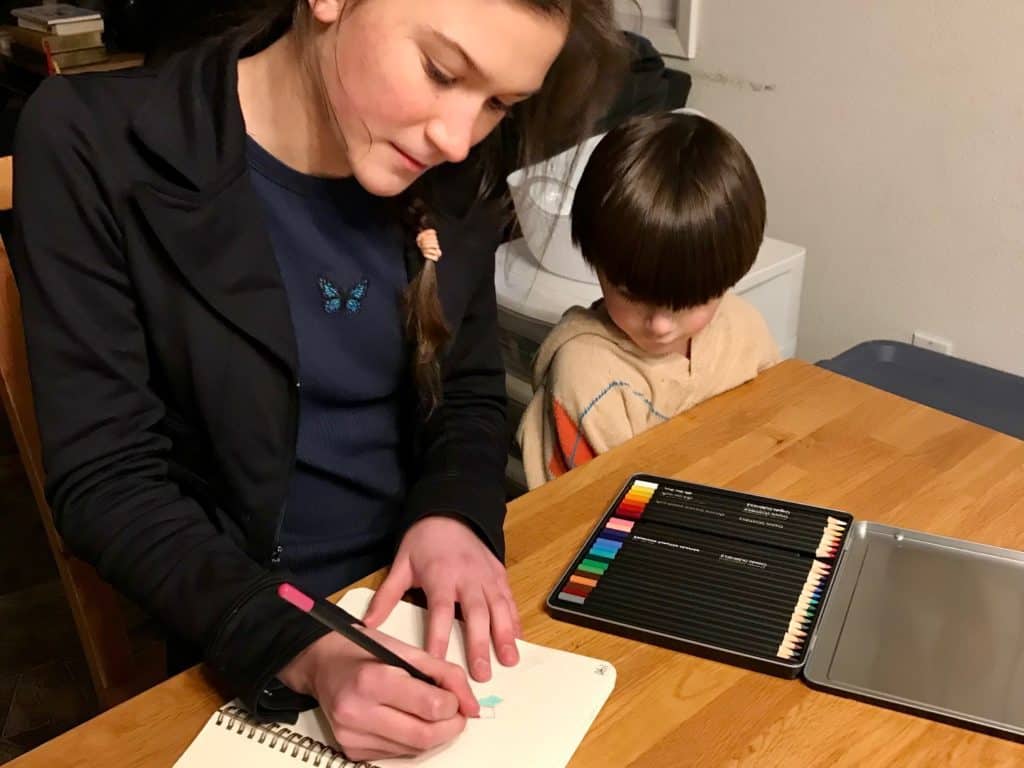
Engaging senses
Also, I really, really enjoy fluffy things like blankets, pillows, stuffies! I literally hug/ rub/ touch them all the time, both as a means of fidgeting, and because I like them.
@dinkumtribe Reviewing Amazon fidgets: stretchy ponies. @dinkumtribe @dinkumtribe @dinkumtribe #adhdfidgets #adhdfidgettoys #amazonfinds #amazonaffiliates #adhdfidgeting #hyperactiveadhd #adhdteens #adhdteensupport #adhdtiktok #adhdparenting ♬ original sound – DinkumTribe ADHD family travel
Music and podcasts are something I really enjoy as well. They give me something to listen to while doing mundane tasks. When I have music I know well, I can hyperfocus like nobody’s watching (literally)!
Hypersensitivity
Another discovery I made about myself and other ADHDers is how our senses impact our focus. We have great difficulty focusing when something is bugging our senses.
-Smelling something; having some sort of noise while doing a specific task; seeing activity somewhere else; something tasting wrong; feeling even the watch on our wrist digging into it… we can’t focus!
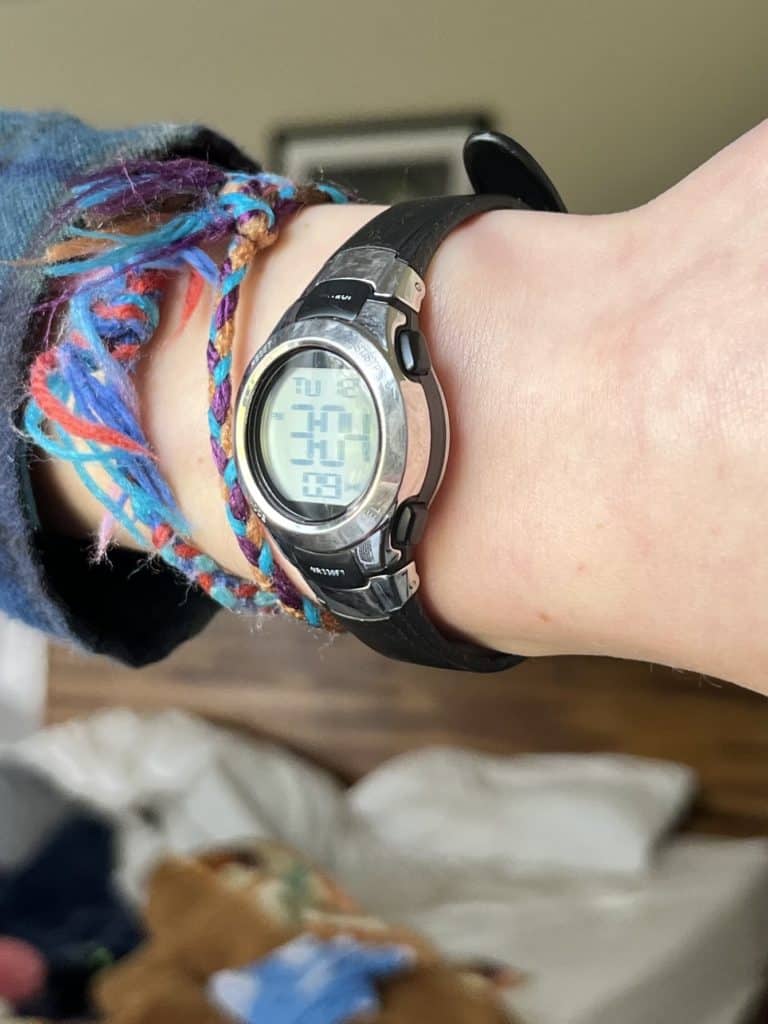
I literally have to take off my watch when typing because it just bugs me for some weird reason. Having anything on my hands when I’m typing or playing piano is a no.
Unpredictable responses
Weirdly enough, in some cases I can ignore everything around me. However when I’m doing other things, I need complete silence. Thank you to the person who created earplugs– lifesaver!
ADHDers have a strong relationship with our senses. Our senses are really important to us. We love sensory input, but it’s also super important for our focus and success.
Sensory Overload
I never realized this was a thing until the past year or so, when it really became a problem for me. When there are many different things going on at once, requiring lots of different senses or all focusing on one, and I have to think at the same time, I freak out! I can’t process all the information at once.
Here’s how it works. When I have a lot of sensory input coming in all at once, and I’m also trying to think, at some point it piles up.
First, my brain basically freezes. I can’t think, I can’t respond, I can’t react. Because I can’t do any of those things, I stop thinking. As soon as I stop thinking, I freak out because I just stopped thinking. I have only one thought at the moment. All I know is that I need to stop everything or get away.
Moving Forward
When I recognize that, I either:
- Freak out in every way possible. I have literally hollered ‘Stooopppppppp!!” because I couldn’t handle the situation. I didn’t know what was going on, and it was terrifying!
- find a way to get out of the situation and calm down, so I can rejoin society.
Anyway, generally the way ADHDers interact with their senses and how our senses work as ADHDers is something incredibly fascinating to me, so I thought I’d share that.
Until Next Time
I think that’s basically all I wanna share right now. Maybe I’ll do another post at some point on this topic, but right now, I think I’m done. I’m gonna go on a nice, long walk with my dog. Bye!
© Copyright Rook Dinkum and Dinkum Tribe 2022
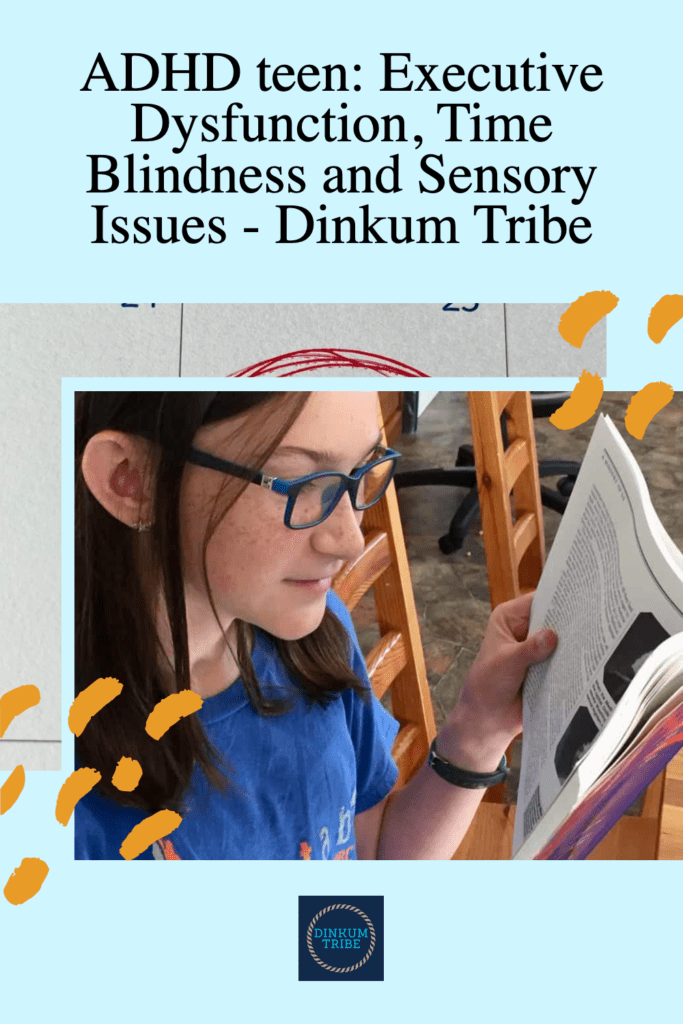
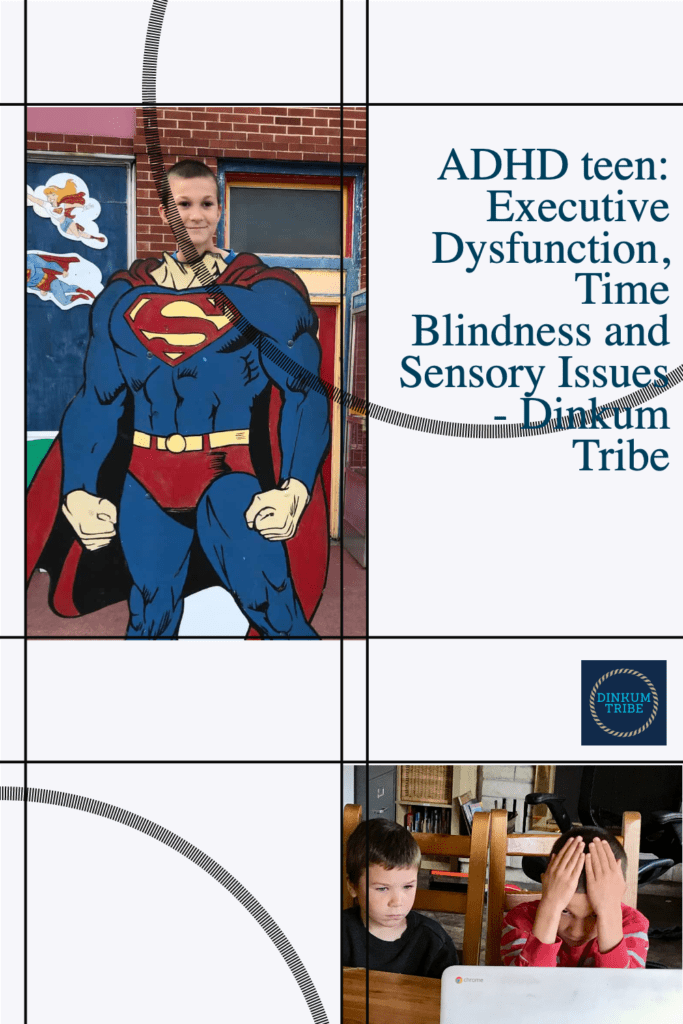
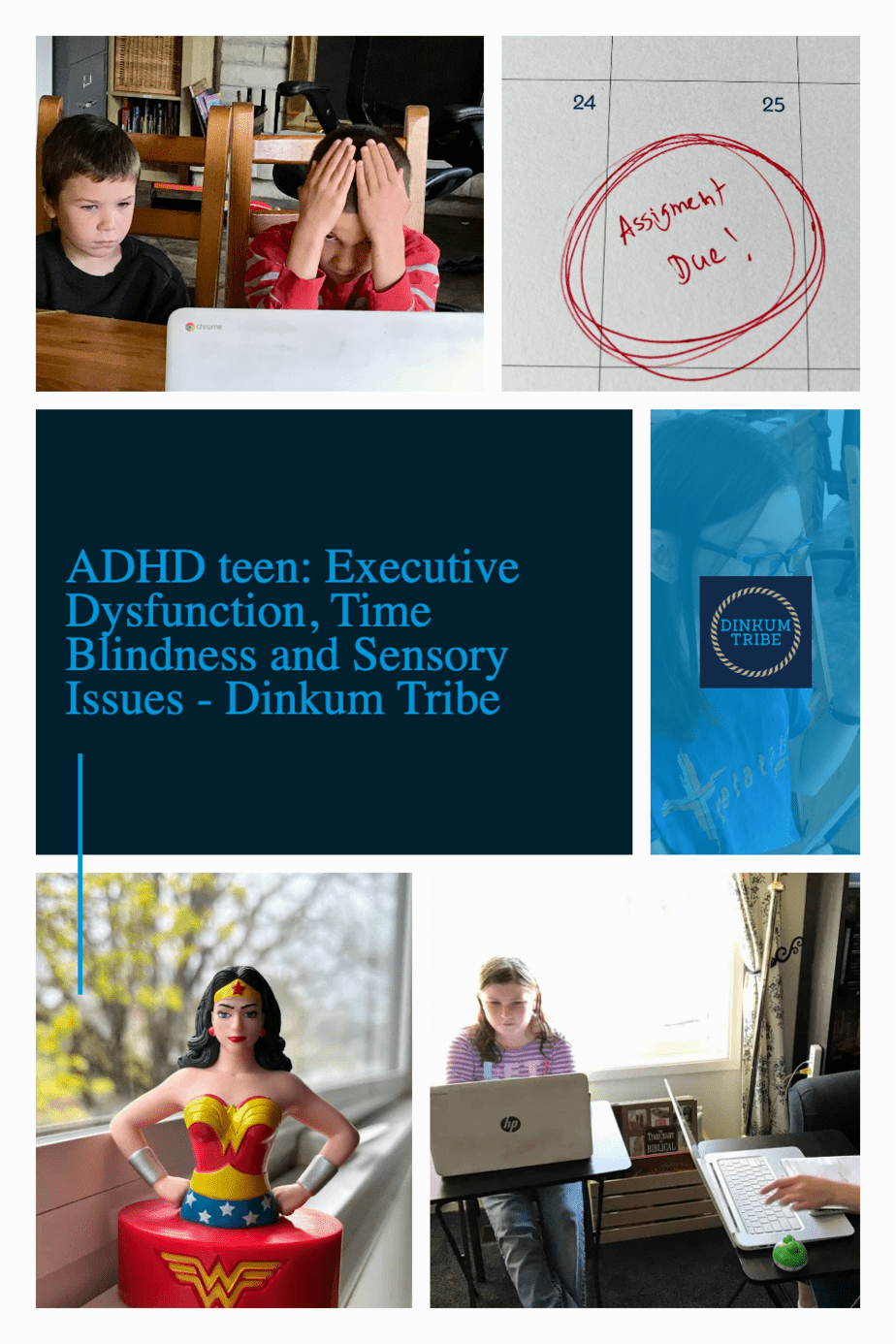
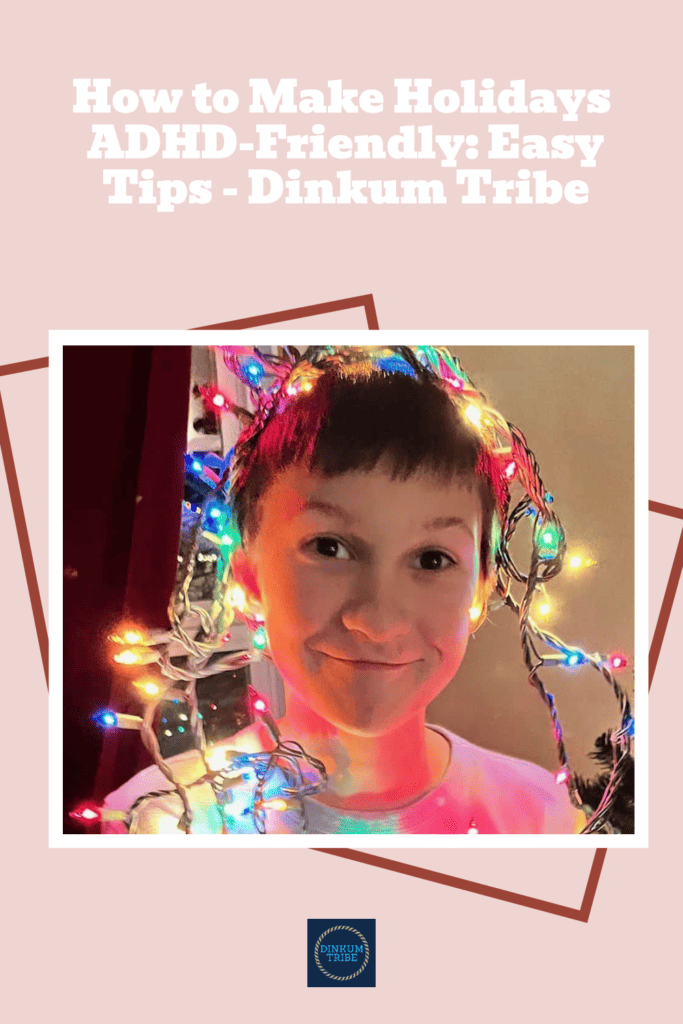
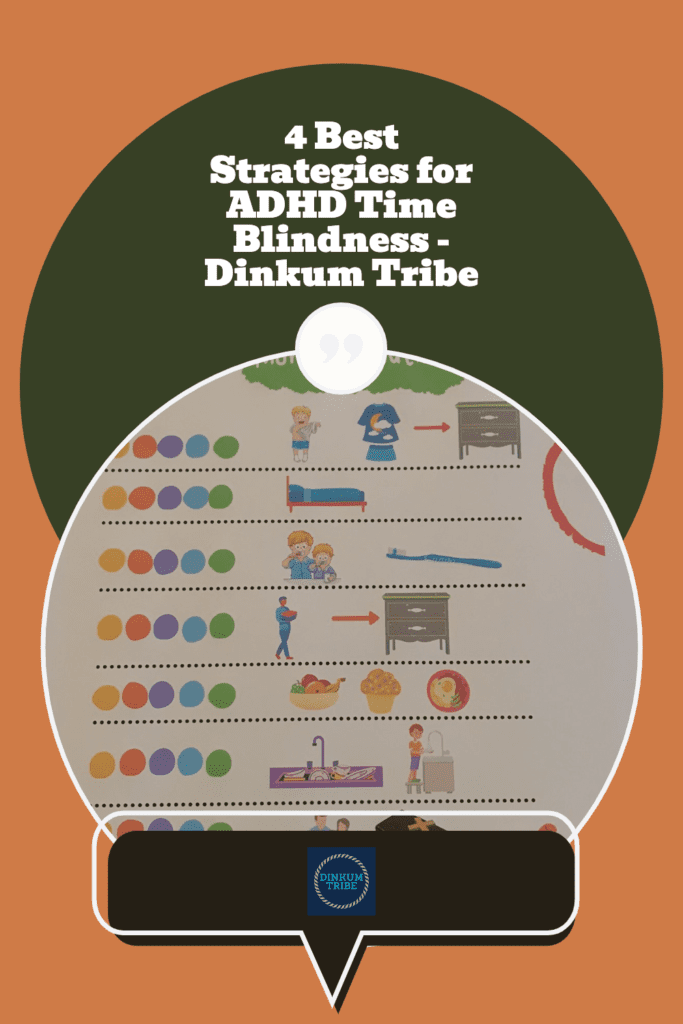
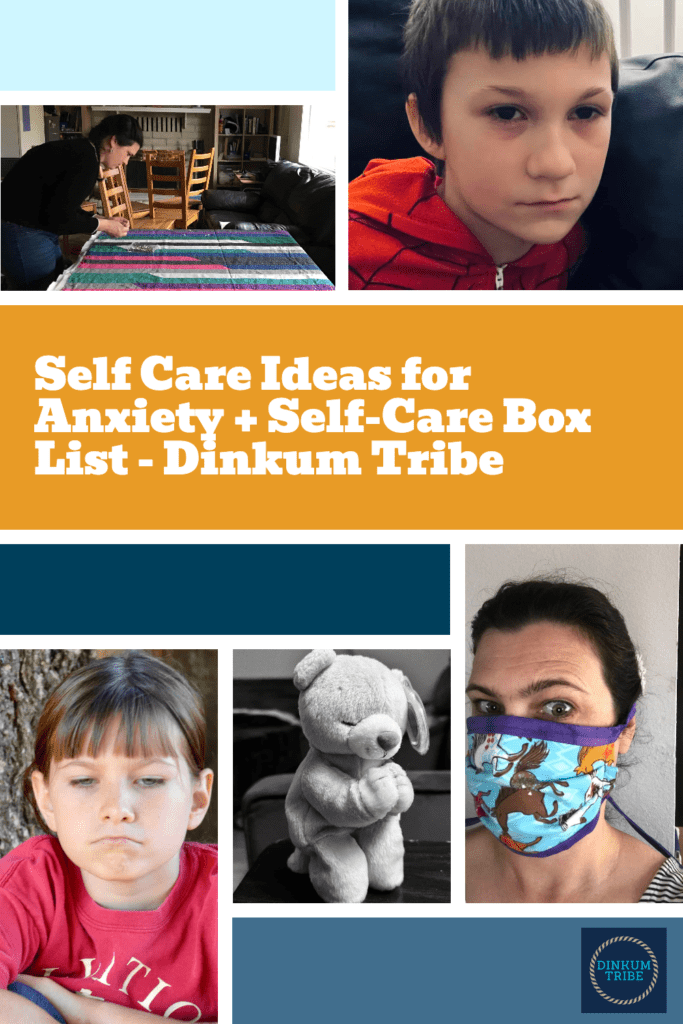
Rook, your writing is amazing and you are doing so great staying on top of this. It is great that you are so well informed about what ails you. Nothing better than being an empowered patient. Kudos to you!
She really is so insightful.
Thank you so much! I really appreciate it. To be honest, it has taken a while for me to get here, so thank you for the encouragement!
I love this post and a peak into ADHD. Learning more about it makes it easier to understand those we meet with ADHD. Thanks so much for sharing!
Thank you for reading it!
Thank you! I’m really glad you got something out of it!
This is such an informative post for us to better understand ADHD, I love this series of writings.
So glad it’s helpful!
Wow, thank you for that!
I will say this again, you are an amazing young woman…you are well informed about your internal functions, and can recognise and take action to move forward (even if that’s doing nothing). This is an amazing trait and something that people three times your age and more still have trouble with. Thank you so much for writing about this… I am glad you did and look forward to more of your writings.
Thanks for encouraging a new writer!
Thank you so much! It’s really nice to know that the stuff I’m writing about is helpful. Thank you for the compliments!